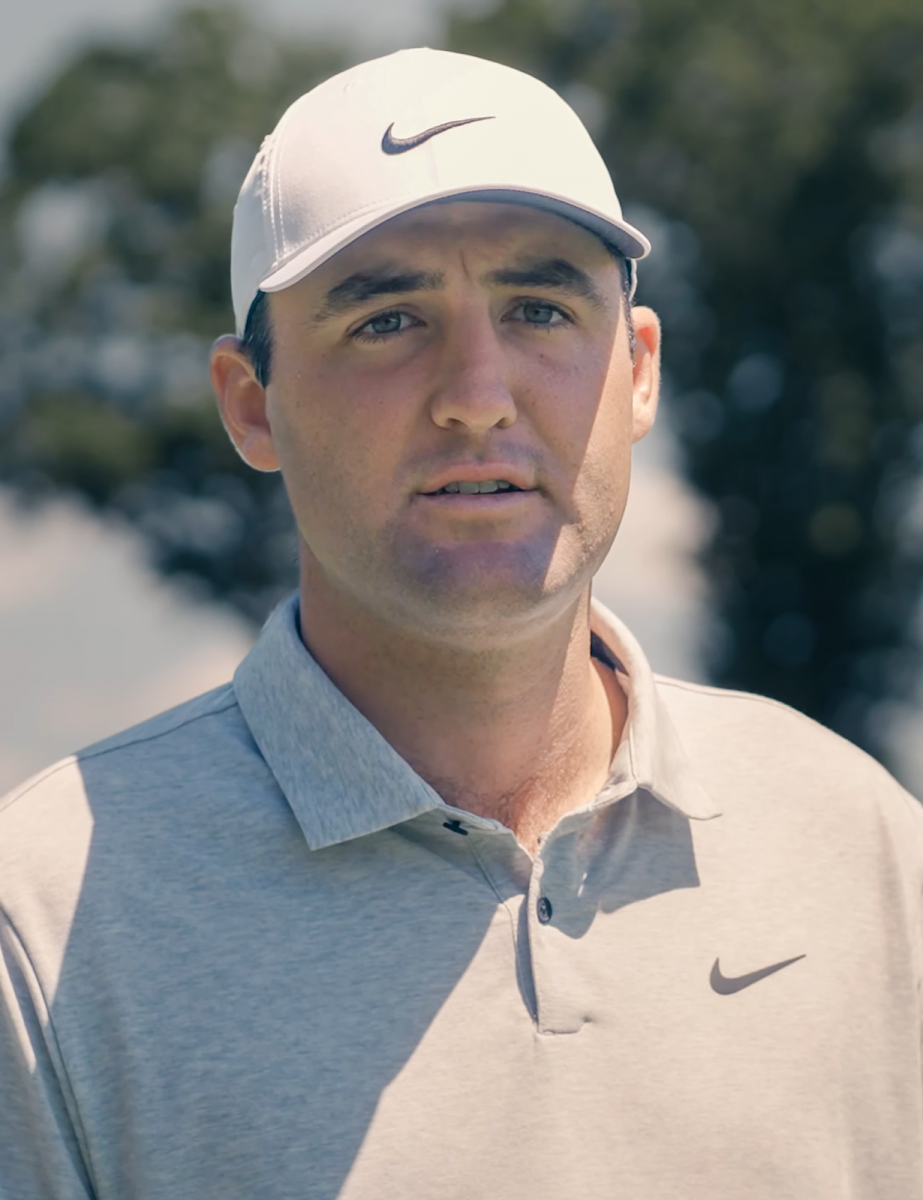Balancing academics and athletics can be a challenge for college athletes. To gain more insight into this experience, I interviewed Skyler Watts ‘24, a talented track and field athlete, currently attending the University of South Florida.
How has the transition from high school to college been for you, both academically and athletically?
The transition from high school to college has been positive. Athletically, it has been challenging, as we train every morning for three to four hours, both on the track and in the weight room. However, what I have already accomplished makes me very excited for the upcoming season and what I will achieve. Academically, things have been relatively easy. I feel that Episcopal taught me the importance of time management, and I have carried that skill into college, which has made my life much easier.
How do you find the academic workload compared to high school?
The workload was challenging for me at first, but after establishing my routine and discovering what works best for me, I can now handle my tasks more effectively. Episcopal prepares you for the workload ahead. My advice is to stop procrastination habits and dedicate a few hours to focus and complete your work. This approach is incredibly beneficial, as many people struggle to concentrate long enough to finish their assignments. And take advantage of all resources, including tutors, study sessions, etc.
Can you describe a typical day in your life as a college athlete?
My typical day starts at 5:40 AM. I meet my teammates at the track at 6:30 AM, and we train for two hours. After our training session, we eat breakfast together at Champs before heading to the lifts. We lift in the athletic center from 10 AM to 11 AM and then focus on recovery from 11 AM to 12 PM.After my training, I have the rest of the day to focus on my academics. I usually attend two classes, and then return to the athletic center for study hall, as we are required to complete five hours of study hall each week. In the evening, I meet up with my roommates for dinner, and then I’ll pack everything I need for the next morning.
How has your training regimen changed since you started college?
My training regimen has changed significantly. I now have a nutritional plan that helps me with meal planning. I work with a lifting coach who assists me every day, along with two to three coaches who specialize in both my long and short sprints. My body has never been pushed this hard for such an extended period. However, I’ve noticed significant changes thanks to improved nutrition. I feel much better, both mentally and physically, and I’ve gained a lot of muscle, which will be beneficial when the season begins. I now pay much more attention to my nutrition than I did before, and it has made a positive impact on various aspects of my performance.
What are some of your favorite memories from your time at college so far?
Some of my favorite memories have been made at the LinkedIn Athletes Dinner every Tuesday. Champs usually provides food trucks or professional chefs who come in to prepare dinner for us, featuring different themes each week—from seafood boils to steaks to hibachi. My favorite memory was karaoke night when the track team took over. We sang until the staff had to kick us out!
What advice would you give to high school athletes who are looking to compete in college?
The advice I would give to high school athletes who are looking to compete in college is to always train even when no one’s watching. Putting in the extra one percent will take you far. Also to focus on your mindset just as much as your physical training. 90% of sports is mental and if you want to compete at a D1 or professional level, you have to want it all the way. Training is going to continue to be hard but you push hard now to achieve more later. I do not love our four-hour training every morning but I love competing so everything I’m doing is worth it. With so many distractions from teammates, parents and coaches, all you can focus on is yourself.
Image courtesy of Skyler Watts ’24.














